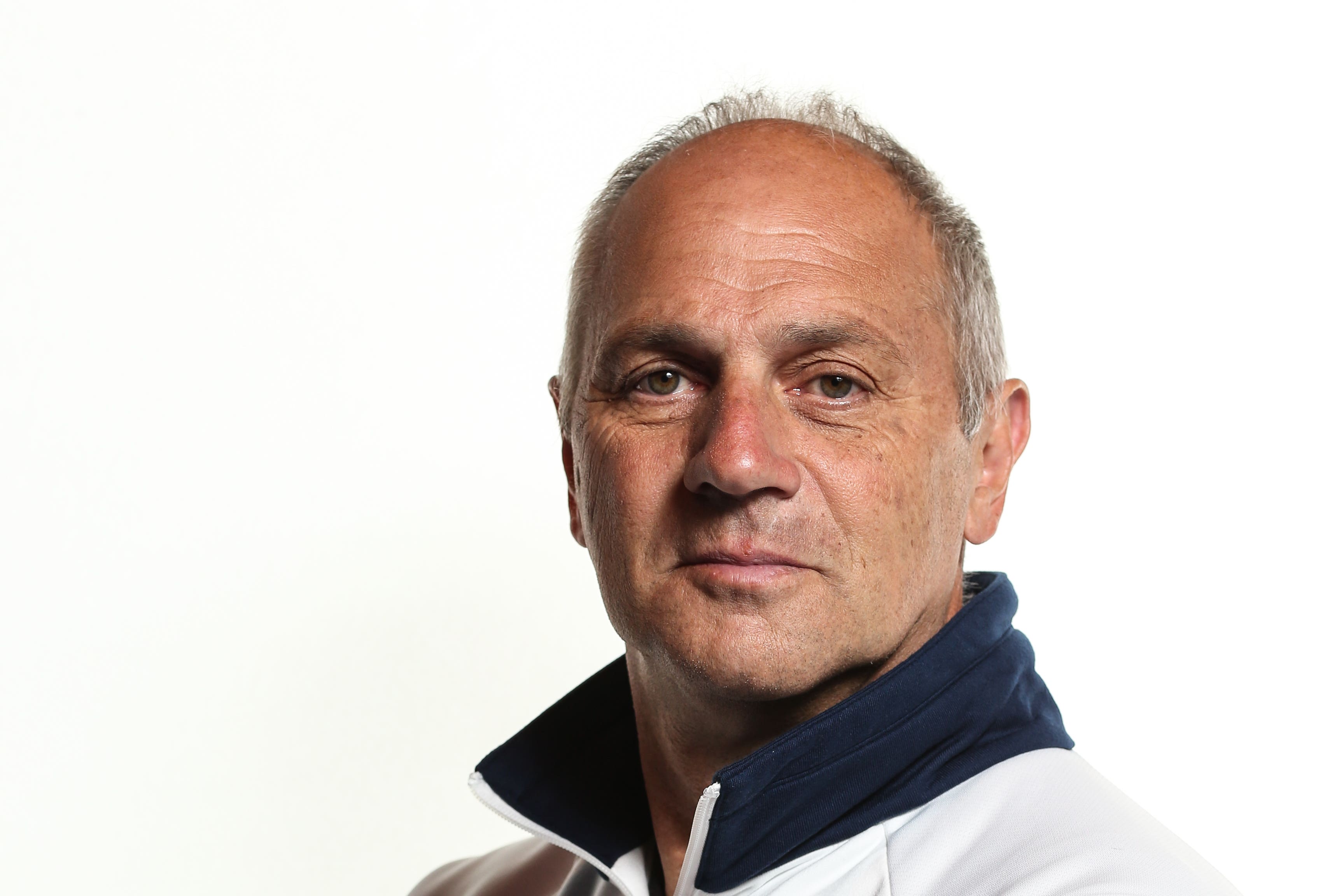Sir Steve Redgrave: Track and field prize money at Olympics will divide athletes
World Athletics will reward gold medallists in all 48 track and field disciplines at Paris 2024 with cash.

Your support helps us to tell the story
From reproductive rights to climate change to Big Tech, The Independent is on the ground when the story is developing. Whether it's investigating the financials of Elon Musk's pro-Trump PAC or producing our latest documentary, 'The A Word', which shines a light on the American women fighting for reproductive rights, we know how important it is to parse out the facts from the messaging.
At such a critical moment in US history, we need reporters on the ground. Your donation allows us to keep sending journalists to speak to both sides of the story.
The Independent is trusted by Americans across the entire political spectrum. And unlike many other quality news outlets, we choose not to lock Americans out of our reporting and analysis with paywalls. We believe quality journalism should be available to everyone, paid for by those who can afford it.
Your support makes all the difference.Olympic great Sir Steve Redgrave believes paying prize money to track and field gold medallists at Paris 2024 will divide athletes.
World Athletics announced last month it would be the first sport to offer prize money in Olympic history at this summer’s Games, with winners in the 48 disciplines to receive 50,000 US dollars (£39,400).
Prize money will be paid to all three track and field medallists at the 2028 Games in Los Angeles, but five-time Olympic rowing champion Redgrave insists it will create a major “us and them” situation at sport’s biggest event.
He said: “All those gold medallists in athletics are capable of earning significant money before and certainly after (Paris). So you’re giving money to people who already have it.
“I know the arguments that athletics is the flagship of the Olympics, and it is a step in the right direction for people who are bringing the audience in to the sport and the Games itself.
“But it becomes an us and them situation. I did OK – although I made more money from retirement than I ever did in rowing – but I’m against it.
“I would prefer to see if that money is around to give it to other sports and help them.
“That’s never going to happen. But I’d like to see it help those with mental issues at the lower level, and make sure you are looking after the grass roots of your sport and be on funding schemes from that.”
Rowing’s relationship with the modern Olympics dates back to the inaugural Games in Athens, although poor weather forced that 1896 competition to be cancelled.
The sport has featured at every Games since, with women’s events introduced at the 1976 Olympics in Montreal.
But Redgrave fears rowing’s place in the Games is at risk due to a lack of funding, as well as losing media space to other sports.
“You’ve got basketball, tennis and golf stars that don’t need the money, but sports like mine are fighting for survival at the Olympics,” Redgrave told the PA news agency at the Laureus World Sports Awards in Madrid.
“There’s other issues around that, but my sport only survives internationally because of the money the international federation gets from competing at the Olympics.
“If that’s ever taken away our sport will die. You can argue whether we are relevant in today’s world, but we are a founder sport of the Olympics and I think we are.
“But there is debate over that if you are just going to support the media-friendly sports.”
The state-of-the-art Vaires-sur-Marne Nautical Stadium will host rowing at Paris 2024, as well as the canoe and kayak events.
The 2,200 metre rowing and sprint canoe-kayak course will be equipped with a finishing tower, sports medicine centre, weight-training base, various administrative spaces, media centre and a training and accommodation centre.
But Redgrave has concerns over rowing’s long-term Olympic future, saying: “We’ve been reduced in numbers over the years and we are losing lightweights out of the programme after Paris.
“LA will be a reduced distance, not the traditional 2,000 metres, as they have an issue over the quantity of water.
“The IOC (International Olympic Committee) want the Games to be as compact as possible, and the rowing is in a marina where they’ve got to keep a navigation channel clear.
“So that shortens the distance. It goes through a bridge and races will be shortened to 1500 metres.”